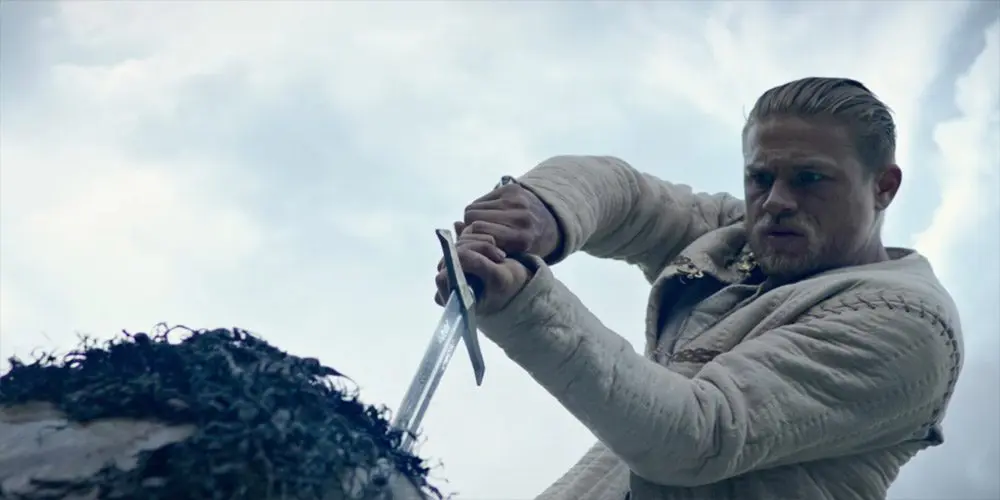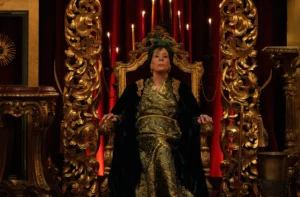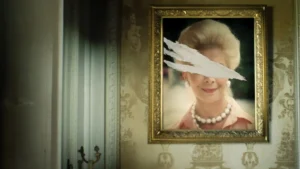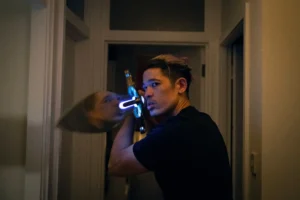Somewhere in King Arthur: Legend of the Sword, there’s a Guy Ritchie movie. You can see it, occasionally. For two or three scenes, the FX-leaden sky peels open just enough to let a glimmer of light shine through; and with it comes personality, comes style, comes wit and verve. Ritchie has reimagined the Arthurian legend as a deliberately anachronistic working-class Cockney Herbert soap opera, and when this movie is allowed to be that, and only that, it’s great. The trouble is that two or three scenes in a two-hour movie don’t amount to very much. The rest of King Arthur: Legend of the Sword could have been made by anyone. And it’ll probably displease everyone.
Not that it’s bad, necessarily. But there are worse crimes in blockbuster fantasy filmmaking, especially since Game of Thrones colonised the murky stratum of swashbuckling that this movie lives in. Legend of the Sword might not be bad, but it is rote, derivative, listless and uninteresting. Which is quite a feat, considering the opening scene contains a 300-foot CGI elephant. The movie leans so heavily against its visual effects that it’s a surprise the thing didn’t topple over and flatten the rest of the movie.
Perhaps it would have, if the movie had more dimensions to begin with. The plot is kick-started when Uther (Eric Bana), the rightful king of England, beats back an invading army of mages with his magical sword, Excalibur. Men are at war with the spell-slingers for some vague, mystical reason, and Uther’s brother, Vortigern (Jude Law), has made a supernatural deal with a wriggly mass of tentacles that envelop three unpleasant women. The price of his treachery is a suspicious nosebleed and the murder of Uther and his wife; luckily, Arthur is cast downriver in a basket, and washes ashore in one of Londinium’s run-down neighbourhoods. He’s raised in a brothel and grows up to be a pickpocketing, street-fighting Charlie Hunnam – a hard-knock journey that the movie delights in relaying through one of Ritchie’s trademark rapidly-cut expositional montages. You could easily forget about Arthur’s heritage. There’s a better movie to be made about him and his mates shaking down Vikings.
Alas, no such luck. During Arthur’s formative years, Vortigern has taken up the pampered mantle of King, becoming a scenery-chewing despot who’s terrified of the rightful heir rising up against him. And after the obligatory sword-pulling shenanigans (supervised by David Beckham, of all people, in a gloriously ill-advised cameo) that’s exactly what happens. Arthur falls in with a multicultural gang of rebel ruffians that includes Tom Wu, Djimon Hounsou and Aiden Gillen, all playing faintly Dickensian, soot-dusted versions of the future Knights of the Round Table.
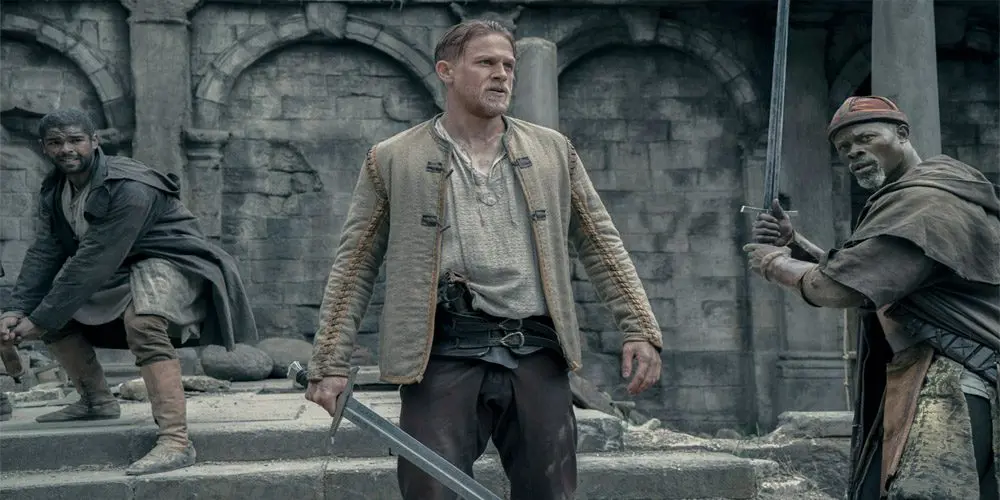
Ritchie’s style suits a revisionist approach, so the lack of historical fidelity is hardly an issue. Contemporising the story works, too. There’s an easygoing charm to the Knights having monikers like Kung Fu George and Goose Fat Bill rather than Sir This and Sir That, and besides, this is what you want from a Guy Ritchie picture, right? There just isn’t enough of it. The filmmaker’s tried-and-true gimmick of telling stories within stories is wheeled out occasionally to accomplish franchise-building busywork, but it isn’t just these dialogue sequences that feel as though they’ve been sliced and diced. The performances, characters, action sequences and plot points all feel equally rearranged; the movie is so frantically, tediously overedited that it plays like a trailer for itself.
Sometimes getting to the point is more important than the point itself, and that would be the case here if the road the movie zips along wasn’t so fraught with obstacles. There’s just enough of everything – slow-motion swordfights, CGI snakes, rats and wolves, magic, mythologizing – to feel like there’s slightly too much of everything. The story isn’t particularly interesting, but because it’s either barrelling along or stopped dead in its tracks, it never really gets the opportunity to become interesting. The characters feel the same way. Hunnam’s questionable Cockney twang aside, he’s an actor who can serve a dollop of charisma, but his Arthur, sporting a brown leather jacket and a movie-star haircut, makes a point of being disinterested in his own destiny. The only standout in the supporting ranks is Astrid Bergès-Frisbey as a mage whose eyes blacken whenever she works her magic, but the script keeps her humourless – an odd choice, especially considering that the rest of the movie – even the bits that have the characters get beaten, tortured and killed – feels like such a lark.
Had King Arthur: Legend of the Sword not spectacularly underperformed at the box office, it was intended to be the first of six feature films to occupy the same muddy continuity. There’s a part of me that would still like to see what Ritchie might do with a shared universe of fantastical hoodlum epics, but there’s another, smarter part of me that suspects it’d be to make more movies as tortuously mediocre as this one. No, I think it might be best if Arthur leaves Excalibur exactly where he found it.

